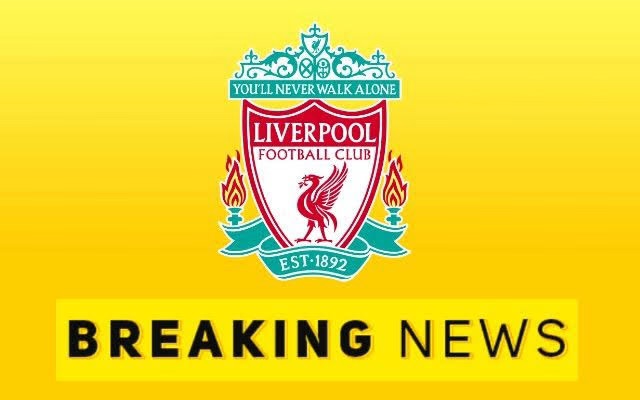The Iñigo Martínez Situation: A Case Study in Mismanagement
Iñigo Martínez’s departure from FC Barcelona is more than just a routine transfer — it’s a textbook example of how poor contract design and short-sighted management can lead to a loss of valuable assets, both in terms of footballing quality and financial return.
The Clause: A Silent Exit Door
When Iñigo signed for Barcelona, a seemingly minor clause was included in his contract: he could terminate the deal unilaterally and without compensation to the club — but only if a foreign club came in with an offer. At first glance, this might have been seen as a low-risk clause — perhaps even a compromise to secure his signature on favorable wages. But in reality, it created a dangerous loophole, leaving the club vulnerable if foreign suitors came calling.
That’s exactly what happened. Saudi Pro League side Al Nassr, known for their financial muscle and aggressive recruitment of European-based players, expressed interest in Martínez. With the clause in hand, the player exercised his right to walk away for free, joining Al Nassr as a free agent and leaving Barcelona empty-handed.
Zero Financial Return – Again
This wasn’t just a player leaving — this was a completely preventable financial loss. Iñigo, while not a guaranteed starter, was still a valuable and experienced La Liga defender with international pedigree. Even a modest transfer fee would have benefitted a club like Barcelona, especially in a time when every euro matters due to Financial Fair Play regulations and ongoing debt.
That’s now a recurring pattern. Barça’s inability to extract value from outgoing players has cost the club tens of millions over the years. From letting stars go on free transfers (Messi, Busquets, Alba, Dembele) to heavily subsidized deals, it’s clear that transfer strategy is not being handled with the foresight or assertiveness expected of a top-tier institution.
Sporting Impact and Squad Planning
From a footballing perspective, Martínez offered depth, tactical versatility, and veteran leadership at the back. Even if he wasn’t starting every week, his presence gave the manager flexibility — especially in rotation-heavy seasons involving domestic and European competitions. Letting him leave without a proper replacement lined up or a transfer fee to reinvest further weakens squad planning, raising concerns about the club’s approach to long-term squad building.
Reputation and Pattern of Poor Dealings
This isn’t an isolated incident. It reflects a wider, systemic failure in how Barcelona handles contracts, exits, and player value. The front office has developed a reputation for inefficient negotiation tactics, weak leverage in deals, and short-term thinking — often prioritizing immediate relief over sustainable planning.
The sad irony is that a club once hailed for its sporting intelligence and academy-driven culture is now repeatedly outmaneuvered in the transfer market, both by elite rivals and emerging foreign clubs with clear strategies.
Fan Frustration Reaches Boiling Point
Supporters are understandably furious. To see a player of Iñigo Martínez’s quality walk out for free — while the club continues to chase signings with limited funds — is another bitter reminder that those running the club are not learning from past mistakes. How many times must Barcelona repeat this cycle before real change is made?
In summary, this situation is not just about a player leaving. It’s about deep-rooted incompetence in contract negotiations, an ongoing inability to secure fair value for assets, and a lack of strategic vision — all of which continue to damage the club financially and competitively.





